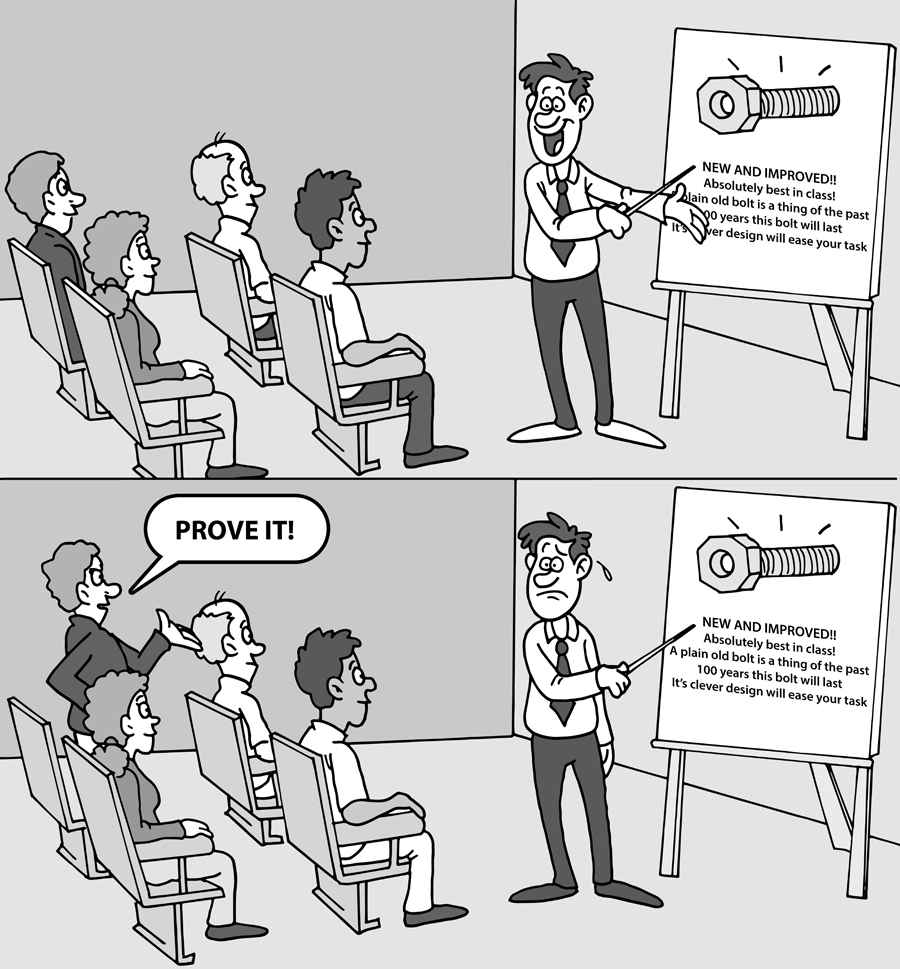Promotion and Advertising Part 1 – Truth in Advertising
Accurate, Advertising, FDA, FTC, Regulatory
This Device Tip was contributed by Judy Martin, an Associate with Bob Duffy Associates. Judy has 30 years’ experience in the medical device and IVD industries. She has particular expertise in device labeling, promotion and advertising, including regulatory aspects of website and social media promotion, promotional review process development and claims substantiation. Judy co-authored the RAPS Online University course Medical Devices: Advertising and Promotion in the US. Judy is also experienced in 510(k) submissions, design control, process improvement, auditing, recall management, quality system management, including ISO 13485:2016 and FDA remediation activities. Judy has a BA in Biology, a BS in Medical Technology and an MBA. If you need labeling or advertising assistance, you can contact Bob, or Judy directly at regulatory@jhmartin.org.
This is the first in a series of devices tips on promotion and advertising of medical devices. This device tip focuses on the concept of truthful and non-misleading advertising. A primary purpose in the review of all promotional content should be to ensure it is accurate and not misleading. All claims (both express and implied) made about your device must be truthful and cannot be potentially misleading to the purchaser.
Here’s the tip:
Know the criteria used by the entities that regulate and evaluate your device’s promotion and advertising content to determine whether it is truthful and not deceptive.
Overt claims are usually easy to identify and determine if they are truthful and not misleading. Implied claims can be more challenging to assess. An implied claim may be made indirectly through a photo or graphics in the ad or in other ways, such as implying superiority over other products.

More Info
In order to determine if advertising of a device is truthful and not misleading, several areas must be evaluated with an understanding of the expectations for each responsible reviewing agency. FDA and Federal Trade Commission (FTC) are the primary agencies, but others may apply. Carefully consider:
- Regulatory status of the device
- Intended use/indications for use of the device
- Balance between risk and benefit
- Adequate claims substantiation for both express and implied claims
- Special claims such as
- New and/or improved
- Green claims
- Comparative claims
- Competitive claims
Regardless of the agency that regulates the promotion of your device, all claims, both express and implied, must be evaluated to ensure that the information is accurate and that it cannot be interpreted by a potential buyer in a way that could be misleading. It is critical to understand the standards for truthfulness, accuracy, and content that is not misleading, as well as the expectations for adequate claims substantiation established by each applicable regulatory agency for your device. Knowing this key information could prevent challenges from your competitors and help avoid time consuming and costly legal or enforcement activities.
